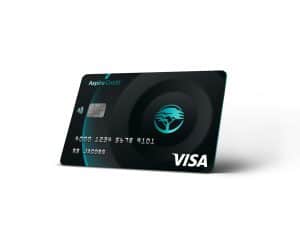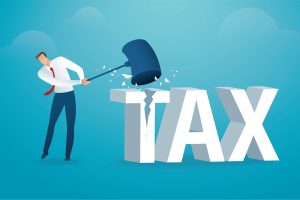Credit card debt can be a major financial concern for many South Africans. Mismanagement of credit cards can lead to accumulating high levels of unnecessary expenses, which can be challenging to pay off. Fortunately, there are strategies to help you avoid falling into debt. This blog post covers essential advice on how to effectively manage credit in South Africa.
Implementing these tips can help residents around the country keep a firm grasp on their financial health and avoid the pitfalls of excessive borrowing. From understanding interest rates to building a solid repayment plan, the following information will assist in maintaining a debt-free lifestyle.
Understand your interest rates

Understanding interest rates is crucial to managing credit card debt effectively. Each card has an Annual Percentage Rate (APR) that affects how much you owe if you carry a balance month to month. Higher APRs mean more interest accrues on unpaid balances.
To minimize costs, look for cards with lower APRs or introductory 0% APR offers. Always compare options and read the fine print to understand any changes in rates, such as introductory rates that may increase later or due to missed payments. Staying informed about APRs and their implications helps you make informed decisions and manage credit card debt responsibly.
Pay more than the minimum payment
While it might be tempting to only pay the minimum amount due on your credit card bill, this practice can lead to significant debt over time. Minimum payments are usually low and primarily cover the interest rather than the principal balance, meaning that your overall debt decreases slowly.
Consistently paying more than the minimum amount can help you clear your debt faster and save on interest charges. Aim to pay as much as you can afford each month, and consider using windfalls like bonuses or tax refunds to make larger payments. This approach will help reduce the overall balance more quickly and improve your financial position.
Using budgeting tools to allocate additional funds for your credit card payments can also be beneficial. Prioritize paying down high-interest debt first to minimize the interest you accrue and streamline your repayment process.
Create a budget and stick to it
A well-planned budget is essential for avoiding credit debt. Your budget should outline your monthly income, essential expenses, and discretionary spending. By knowing exactly where your money is going, you can avoid unnecessary charges and stay within your means.
Start by listing all your sources of income and then categorize your expenses. Identify areas where you can cut back, such as dining out or entertainment, and allocate those funds towards paying off your credit card. Tracking your spending regularly helps you stay accountable and make necessary adjustments to your budget.
Budgeting also involves planning for emergencies. An emergency fund can help you cover unexpected expenses without having to rely on your credit card, thus preventing additional debt. Aim to save at least three to six months’ worth of living expenses in a separate savings account.
Use credit wisely
Responsible use of credit is key to avoiding debt. Make sure to use credit cards for planned purchases rather than spontaneous spending. This disciplined approach ensures that you only charge what you can afford to pay off each month, preventing a build-up of debt.
Moreover, it’s wise to keep your credit utilization ratio low. This ratio is the amount of credit you’ve used compared to your total available credit. Experts suggest keeping this ratio below 30% to maintain a good credit score and reduce the temptation to overspend.
Additionally, avoid using multiple credit cards unless absolutely necessary. Managing one or two cards effectively is much easier than juggling several, and it minimizes the risk of missing payments and accruing debt.
Set up automatic payments
Automatic payments can be a lifesaver in managing credit responsibly. By setting up automatic payments for at least the minimum due, you ensure that you never miss a payment, thus avoiding late fees and potential interest rate hikes.
Automatic payments help maintain your credit score by ensuring timely payments which positively impact your credit history. It’s a convenient way to manage your finances and avoid the risks associated with overlooked due dates.
However, it’s still important to review your statements monthly to check for any discrepancies and understand how much you’re spending. Automation doesn’t eliminate the need for regular monitoring and adjustment of your finances.
Limit new credit applications
Frequent applications for new credit cards can negatively impact your credit score and lead to potential debt accumulation. Each application results in a hard inquiry on your credit report, which can temporarily lower your score.
Only apply for new credit when absolutely necessary and after careful consideration of your current financial situation. Each new card comes with its own set of terms, fees, and potential for debt, so weigh these factors before applying.
If you find yourself tempted by offers, take a step back and assess whether you need additional credit. Often, managing your existing credit effectively is the best strategy for maintaining financial health.



